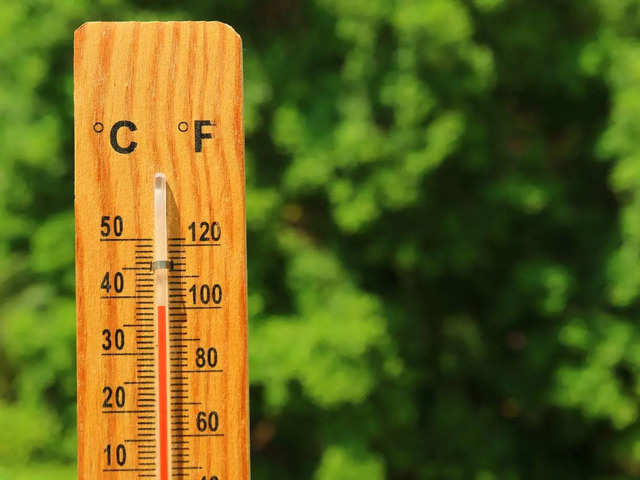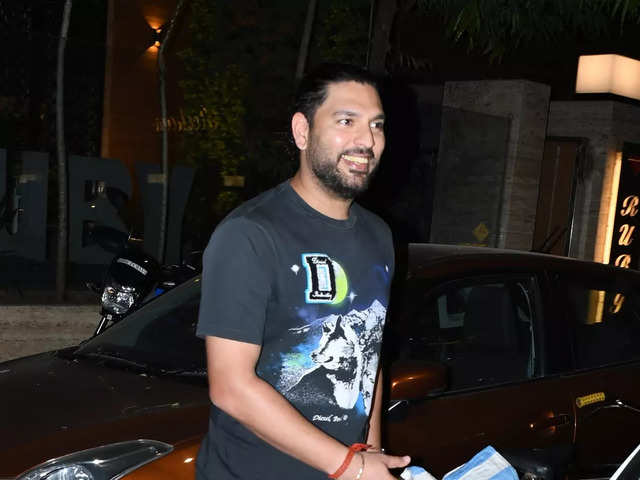
10 advertisements of 2021 that reminded us that we’re slowly taking small steps towards inclusivity every year
From UNAIDS The Mirror to Bhima’s Pure as Love, 10 Indian ads that challenged regressive gender and cultural notions in...
Dec 29, 2021, 10:00 IST
brands
10 Indian campaigns that made great strides towards gender equality and inclusivity in 2021
Dec 29, 2021, 10:00 IST
From UNAIDS The Mirror to Bhima’s Pure as Love, 10 Indian ads that challenged regressive gender and cultural notions in...
- When you are fighting a never-ending battle against age-old norms and working towards building an inclusive future for all genders beyond the binary, every small step counts.
- This listicle is an effort to appreciate brands and advertising agencies that gave under-represented communities a much-needed chance to voice their concerns through their advertising campaigns.
According to a study conducted by Cannes Lions and Google, consumers in APAC want to see more groups represented in marketing, and there’s a strong appetite for more inclusive content. But as per their research, it seems not enough inclusive content is being created. Only 1 in 5 consumers feel represented in the ads they see. The same research found that male characters in ads are significantly more likely to be shown as having an occupation than female characters (25.5% compared with 16.7%) and are shown as funnier than female characters (22.1% compared with 15.4%), while female characters are more sexualized than male characters — female characters are 4X more likely to be shown in revealing clothing than male characters (10.8% compared with 2.25%).
However, there’s still hope. The Indian advertising and marketing world has taken a few baby steps towards gender equality and inclusivity this year. In this listicle, we look at a few brand campaigns that challenged regressive gender and cultural notions in an attempt to make a difference.
UNAIDS’ The Mirror | Agency: FCB India
The film, ‘The Mirror,’ portrays a young boy who is pouting and opts out of playing with other children during a big Indian kite festival. His mother eggs him on but he sneaks off downstairs alone. He drapes himself in a woman’s scarf, and smiles as he sees his reflection in a mirror.
Moments later, his mother and his grandmother catch him dancing dressed up. The music track stops, and the women stare at the boy. A few seconds of dread pass by and suddenly the women join him.
This advertisement by FCB India and UNAIDS highlighted how gender diversity is not a lifestyle choice but an inherent right of all people. Gender stereotypes, especially towards LGBTIQ+, lead to stigma and discrimination. This is more pronounced in children and adolescents as diversity among them is not commonly understood and society puts massive pressure on them to conform to assigned gender norms at birth.
Bhima’s Pure as Love | Agency: Animal
Bhima Jewellery's ad shows us the journey of a brooding, unshaven boy who, thanks to the love and support of his loving, supportive family, transforms into a happy, confident young woman. The story is told with such simplicity and so much sensitivity that you rejoice with the character by the end of the film.
What works in favor of the brand is, its inclusion in the story doesn’t feel forced. It is just seamlessly a part of the narrative. The young man is slowly growing more accepting towards himself, there is a lot of acceptance from everyone around him too. The film is full of love and the jewellery is just a part of the narrative. It is present, almost in every frame, but never the main focus.
Elegant Steel’s Nari Shakti - The Steel Within | Agency: FCB India
Launched during Navratri, this campaign pointed out how the irony of celebrating Nari Shakti and female power for the nine days is very stark. Because for the rest of the year, we get busy dis-empowering her. How this biased narrative is maintained is through words. Cruel words, words aimed to put you in boxes, words to shame, words to make sure you never ever discover your true power within. When even one woman, refuses to succumb to this narrative, the swords and the pitchforks come out. Because you see, one woman freeing herself from the narrative, can inspire millions to break free, refuse to be cowed down and write their own story.
This campaign celebrates women and the power they find within themselves to fight for a seat at the table and hopes for a better future for them.
Mohey’s Kanyamaan
In India, weddings are all about rituals and traditions that bring about a happy union. These age-old Hindu rituals have been an intrinsic part of our society and one of the most important being ‘Kanyadaan.’ Questioning this outdate practice, Alia Bhatt and Mohey’s ad aimed to promote a more inclusive and equal space for women in marriage and in life. It strives for a balance between tradition and equality. Through the film, Alia talks about a new idea that creates a union between the ritual itself and its underlying thought process placed in modern context.
However, the campaign did not well with social media trolls. They called for a boycott on the brand for targeting Hindu religion but the brand did not bow down. The campaign was an important reminder that we need to take another look at regressive practices that benefit patriarchy.
Vim’s Nazariya Badlo, Dekho Bartano Se Aage | Agency: Lowe Lintas
The TVC was a story of a prospective matrimonial arrangement, where the ‘independent guy’ under the implicit assumption that it is the wife’s job to cook and clean, tries to impress the girl by offering to ‘help’ her with cooking. The girl immediately offers to ‘help’ him with dishes, gently nudging him to be independent in household chores as well, as she could get late from work. The boy’s initial shock and eventual change of perspective drives home the campaign message of ‘Nazariya Badlo, Dekho Bartano Se Aage’. The girl in the ad is not only ‘more than her chores’ but also a change-maker who calls for equal partnership.
Saffola’s Rakhna Heart ka Khayal | Agency: Mullen Lintas
Moving away from the stereotypical gender role of a woman taking care of the husband and the family’s health, Saffola’s film reversed gender roles and showcased a modern couple where the husband is looking after his wife. It portrays the husband as the one who is concerned about the stress his wife goes through at work and its impact on her heart. While he cannot take away her stress, no matter how much he would like to, he does what’s in his control to take care of her heart. With this ad, Saffola and Mullen Lintas challenged the stereotypical FMCG ads we are tired of seeing.
Boondh’s UnGender Menstruation | Agency: Schbang
Menstruation has historically been a taboo subject in India. In recent times, while a lot of conversation has driven the discourse out into a space of open discussion, most of it has been led by cisgender women. The highly feminised language around menstruation has caused thousands of non-cisgender-women menstruators to wake up and still feel incorrect about a physiological process that doesn’t define their identity.
To tackle the lack of representation in this space, Schbang For Good, the impact communication division of Schbang and Boondh Social Foundation had collaborated on Menstrual Hygiene Day, to shed light on the experiences of menstruating people who do not identify as cis-woman and highlight the shared struggles of every menstruator.

Cadbury’s Kuch Khaas Hai | Agency: Ogilvy India
Who hasn’t heard about Cadbury’s remake of Kuch Khass Hai ad? This campaign by Ogilvy India started a conversation on nostalgia and gender equality. The ad reversed the gender roles and normalised men showing emotions and cheering for their women partners.
Dove India’s StopTheBeautyTest | Agency: Ogilvy
Dove’s StopTheBeautyTest film walked us through hard-hitting, real stories of beauty-based judgment and rejection faced by women during the matchmaking process, and the impact this has on their self-esteem.
Swiggy’s Women’s Day ad
Swiggy’s campaign aimed to bring about a change in the objectionable images of women that pop up when one searches for the term ‘Desi Masala.’ Swiggy urged its users to flood the Internet with posts and pictures tagging authentic Indian spices on websites, blogs, forums, and social media platforms that will help get rid of the lurid connotation that currently exists.
WeWork’s Women Day ad
This campaign showed how stereotypes and biases at the workplace still haven't changed across the world.
INSIDER INTELLIGENCE REPORTS







